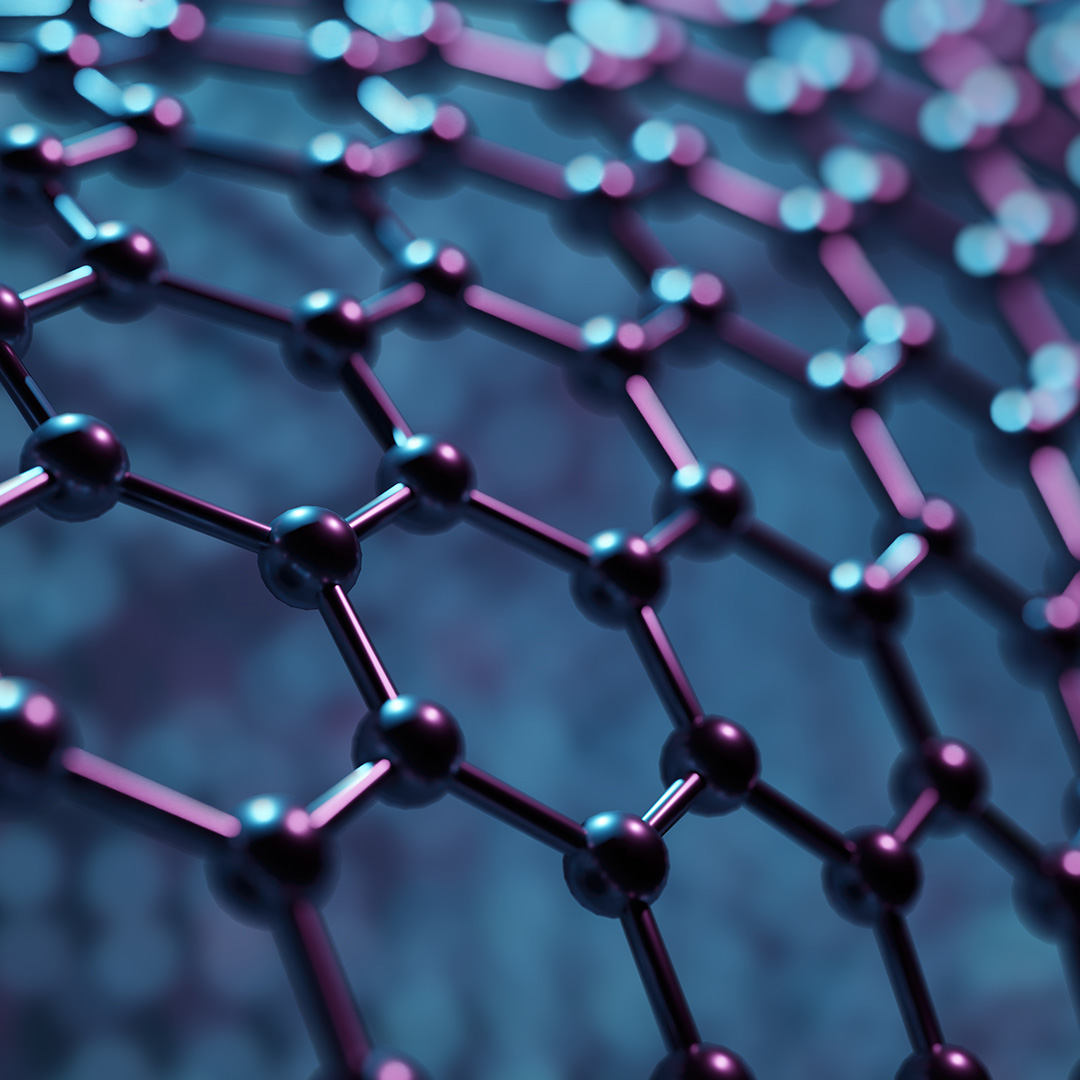 Topic Close-up #6
Topic Close-up #6
Symposium: L07—Nanoscale Electrochemistry
Extended abstract deadline:
April 21, 2023
For additional information on symposia offered at the 243rd Meeting read more topic close-ups.
Submit today!
Symposium focus: The symposium covers all aspects of electrochemistry at nanoscale from nano-structured and nanoporous materials; structure of double layer and electrokinetic phenomena at nano-interfaces; electrochemical processes in nano-confined spaces; and functional materials at nanoscale, including nano-catalysts, nano-cluster catalysis, and nano-zymes and bio-inspired materials for electrocatalysis. The symposium invites papers on new developments on synthesis and electrochemical evaluation of nanomaterials as well as experimental approaches of studying the phenomena occurring at electrified interfaces at nanoscale or in nano-confined electrolytes. The symposium also invites papers in which nanostructured materials and interfaces are being integrated in electrochemical devices, which benefit of or display the specific properties that arise from the nanoscale features.
Invited speakers present keynote lectures.
1. Novel nano materials for electrochemical applications
This session focuses on the development of novel nano-materials for electrochemical applications such as batteries, fuel cells, supercapacitors, electrolyzers, photovoltaics, as well as other electrochemical applications. Of particular interest are the innovation of the synthesis, design, and understanding of materials at nanoscale for realizing efficient electrochemical energy storage, conversion, and transmission. Contributions to new methods to fabricate and characterize materials in electrochemical application not limited to fuel cells, batteries, capacitors, and photovoltaics are of great interest.
2. Characterization of nanomaterials for electrochemical applications
This session provides a forum for recent advances in new understandings of nanomaterials and the electrochemical process based on characterization techniques. Such new understandings through these characterization techniques benefit the future development of nanomaterials on their performance, durability, and reliability for different electrochemical devices and systems. Characterization techniques in this symposium include, but are not limited to, electron microscopy techniques (SEM, TEM, STEM), spectrometry techniques (neutron, x-ray, UV-vis, IR, Raman, etc.), electrochemical techniques, etc.
3. Mechanism of electrochemical process at nanoscale
This session highlights the advances in the mechanism understanding of the electrochemical process such as electrochemical energy storage, conversion, and transmission. Experimental findings and theoretical modeling results are covered in this session. A wide range of topics is welcomed, with the goal to generate a comprehensive discussion among participants. The mechanism of the electrochemical process includes, but is not limited to, materials degradation, materials/electrolyte interface reaction, electrochemical reaction pathway, etc.
4. Electrolyte/nanomaterial interface
The electrolyte/nanomaterial interface is critical for electrochemical reactions because this is where the reaction occurs which involves both the charge and mass transfers. In this session, the mechanism, reaction, and fundamentals associated with interface between electrolyte and nanoparticles is particularly encouraged. Topics include, but are not limited to, ionomer/catalyst interface, solid electrolyte interface (SEI)/anode, cathode electrolyte interface in battery materials, electrolyte/electrode for super capacitors, and gas surface reaction on the catalyst nanoparticles, etc.
5. Nanomaterials activity and stability for the electrochemical applications
The performance of nanomaterials for electrochemical applications is important to move forward from laboratories to industry. In this session, the performance of these nanomaterials, including activity and stability for electrochemical applications (e.g., fuel cells, electrolyzers, batteries, supercapacitors, etc.), is covered. Discussions related to their performance, such as activity and stability including both experiments and modeling investigations of all types of electrochemical systems, are of particular interest.
For more information, please consult the Call for Papers.


